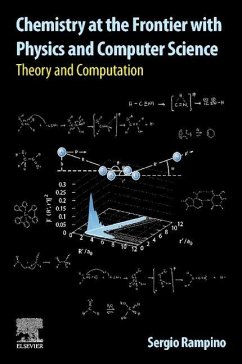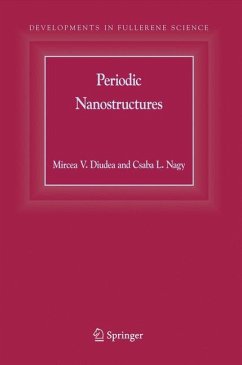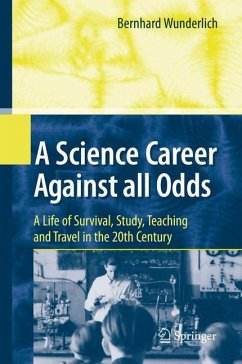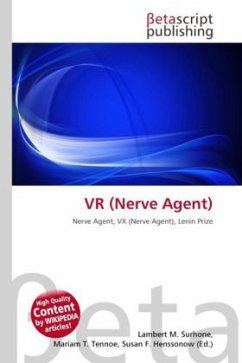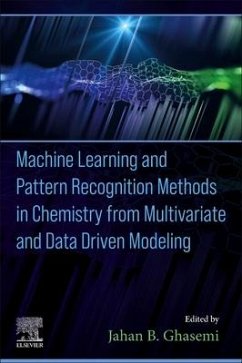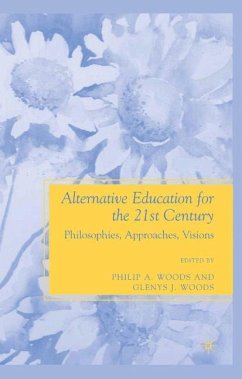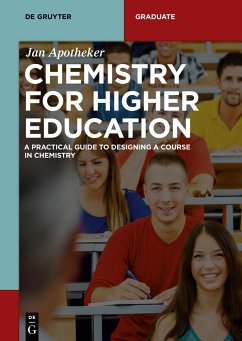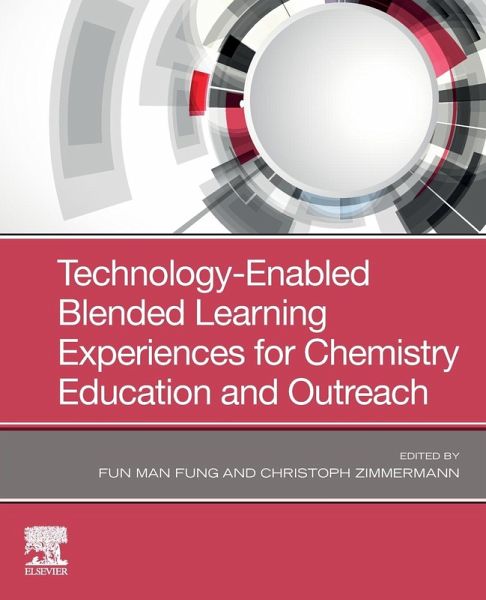
Technology-Enabled Blended Learning Experiences for Chemistry Education and Outreach

PAYBACK Punkte
32 °P sammeln!
Technology-Enabled Blended Learning Experiences for Chemistry Education and Outreach discusses new technologies and their potential for the advancement of chemistry education, particularly in topics that are difficult to demonstrate in traditional 2d media. The book covers the theoretical background of technologies currently in use (such as virtual and augmented reality), introducing readers to the current landscape and providing a solid foundation on how technology can be usefully integrated in both learning and teaching chemistry content. Other sections cover the implementation of technology...
Technology-Enabled Blended Learning Experiences for Chemistry Education and Outreach discusses new technologies and their potential for the advancement of chemistry education, particularly in topics that are difficult to demonstrate in traditional 2d media. The book covers the theoretical background of technologies currently in use (such as virtual and augmented reality), introducing readers to the current landscape and providing a solid foundation on how technology can be usefully integrated in both learning and teaching chemistry content. Other sections cover the implementation of technology, how to design a curriculum, and how new tactics can be applied to both outreach and evaluation efforts.
Case studies supplement the information presented, providing the reader with practicable examples and applications of covered theories and technologies. Drawing on the broad experiences and unique insights of a global team of authors from a whole host of different backgrounds, the book aims to stimulate readers' creativity and inspire them to find their own novel applications of the techniques highlighted in this volume.
Case studies supplement the information presented, providing the reader with practicable examples and applications of covered theories and technologies. Drawing on the broad experiences and unique insights of a global team of authors from a whole host of different backgrounds, the book aims to stimulate readers' creativity and inspire them to find their own novel applications of the techniques highlighted in this volume.





